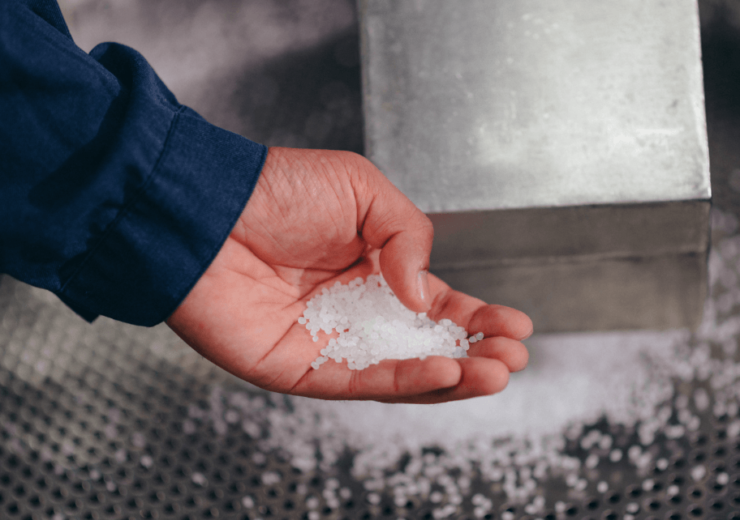This marks the first time that Borealis has replaced fossil fuel-based feedstock in its large-scale commercial production of PP

Borealis has started to produce propylene (PP) based on renewable feedstock in its production facilities in Kallo and Beringen, Belgium. Credit: Borealis AG.
Austria-based polyolefins manufacturer Borealis has commenced production of polypropylene (PP) from Neste’s renewable propane at its two production sites in Kallo and Beringen, Belgium.
The move marks the first time that Borealis is using bio-based feedstock to replace fossil feedstock in commercial production of PP.
Recently, Borealis’ Kallo and Beringen production sites received International Sustainability and Carbon Certification (ISCC) Plus certification for its renewable PP.
The partnership is part of Borealis’ EverMinds initiative, which aims to promote the circularity of plastics.
The venture in sustainable production is being executed in close collaboration with upstream and downstream value chain partners, such as Neste and Henkel.
It also supports the Austrian firm’s objective that 100% of its consumer products are recyclable, reusable, or produced from renewable sources by 2025.
Borealis polyolefins, innovation and circular economy solutions executive vice president Lucrèce Foufopoulos said: “Producing renewable PP based on renewable feedstock for the first time in history is another concrete step towards a more sustainable carbon future.
“Working closely with partners like Neste and Henkel, who share our EverMinds mind-set, is key to shaping a better tomorrow.
“Thinking circular means capitalising on growth opportunities that accelerate the transformation to a circular economy.”
Neste produces renewable propane using its proprietary Nexbtl technology
Using its proprietary Nexbtl technology, Neste uses almost any bio-based oil or fat as raw material, including lower-quality waste and residue oils, to produce various high-quality renewable feedstock materials.
Neste renewable polymers and chemicals executive vice president Mercedes Alonso said: “It is great to see, for the first time in history, a propane dehydrogenation facility using renewable propane to replace fossil feedstock, enabling Borealis to produce mass balance certified renewable polypropylene for sustainability-focused brands like Henkel.
“This is an exceptional example of collaboration across the value chain making a positive sustainability impact in the polymers sector.”
